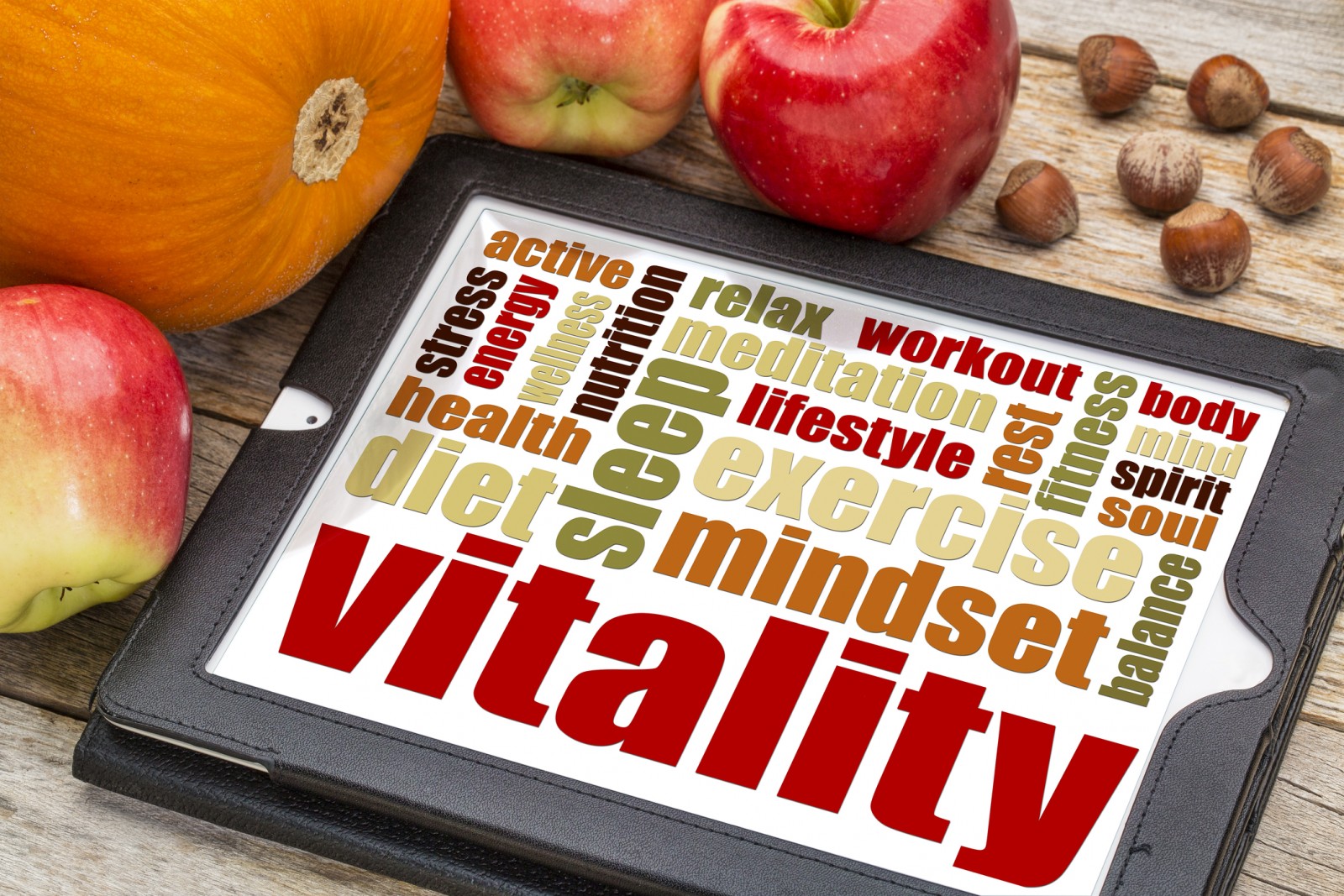With the amount of nutritional information, advice, seminars, tweets and articles on all social media I am amazed that being mineral deficient is very rarely mentioned.
Why do we need minerals?
Minerals – frequently referred to as ‘the spark of life’ or ‘natures spark plugs’ – are vital for the action of enzymes, vitamins and amino acids and without them you cannot function or heal properly.They are responsible for every activity in every cell in your body. Mineral Deficiency can occur over time due to lack of minerals in the diet or in the food and from difficulty absorbing the minerals from food. Minerals also work together, interacting with each other in synergy or antagonistically, therefore taking just one or two mineral supplements can upset the balance further.
Why are most of us Mineral Deficient?
The problem is that our mass produced food does not contain the full spectrum of minerals or the amounts that it used to. At the Rio Earth Summit in 1992 there was deep concern over continuing major declines in the mineral values in the soils throughout the World – 85% loss in North America and 72% in Europe! Governments are aware of the long-term health implications but little seems to have been done other than spending huge amounts of money trying to educate the population to “eat their 5 a day” when what we are actually doing is eating more and more food but becoming malnourished. For more information click here- soil mineral depletion.

Imagine what would happen if you bought a beautiful, healthy plant and then re-potted it into a bigger container of old, dried up compost or soil that had been used for years without the addition of any fertiliser – within a short space of time that plant would become discoloured, diseased, deformed and die. Minerals are essential for cellular health.
How do you know if you are Mineral Deficient?
Just like the plant, there are many signs and symptoms that show you are. here are just a few;
- General – fatigue, loss of appetite, poor digestion, loss of taste, cold intolerance, loss of bone density, loss of height, curvature of the spine, anaemia.
- Skin – pale, yellow or grey discolouration, dry skin, itchy skin, acne, eczema, skin eruptions, boils, urticaria, red spots beneath the skin,slow healing.
- Eyes – dry eyes, sensitive eyes, glaucoma, macular degeneration, poor night vision, tic of eyelids, bulging eyes, frequent conjunctivitis.
- Mouth – re-current mouth ulcers, receding gums, sore tongue, impression of teeth around edge of tongue, cracked lips, periodontal disease.
- Hair/nails – brittle hair, hair loss, dandruff, early greying, nails opaque, white spots or bands, peeling/laminating nails, longitudinal ridges.
For more information go to Vitamin and Mineral deficiency. Many listed symptoms may be caused or aggravated by allergies and problems with digestion. Any inflammation and/or infection in the gut, low stomach acid and food sensitivities can all contribute to poor nutrient uptake.
What can full spectrum minerals do for you?
When given the right minerals in the right form the body can do amazing things to promote health. They can:-
- produce more energy
- better brain function
- improve circulation
- oxygenate the blood more
- control inflammation
- increase poor appetite
- improve digestive enzymes and digestion
- increase endurance
- improve hormones and help regulate the Thymus and Thyroid glands
- improve the immune system
- help detoxification, even heavy metal detox
- improve skin, eyes and hair
- maintain pH balance helping to defend against cancer
- improve the action of vitamin supplements you might already be taking
What types of mineral supplement are best?
To be useful in the body they must be organic, plant based micro or trace minerals as opposed to inorganic or metallic source – such as heavy metals that are toxic. For instance there are traces of aluminium, lead, arsenic and mercury in some apples but this is not toxic as once a plant has utilised minerals from the ground, they are digested making them ionic, or electrically charged in nature. This makes it easy for the body to assimilate them and use them at a cellular level. They are not stored or deposited in the body. Unlike aluminium from cooking pots, lead from exhaust fumes, lead from old pipes and mercury from your fillings – these are toxic, stored in the tissues and build up over time causing hormone and health problems.
There are many confusing terms used concerning minerals so here is a brief explanation:-
Ionic – usually described as individual elements with an electrical charge in a liquid medium (usually water), easily absorbed as opposed to more complex compounds like Calcium Carbonate – chalk, which is not – but in fact all minerals are ionic. The important factor for bio-availability is whether they are positively or negatively charged.
Colloidal – technically this only applies to particle size, usually minerals in perpetual suspension – not settling out. Just small enough and dilute enough to remain in suspension when kept in the present state. These can be inorganic (from soils and clays) or organic (from plants).
Fulvic or Fulvic Acid – Fulvic minerals are obtained by running water over organic material called Humic substances which has not petrified into coal (or become petroleum oil). The vegetable acids called fulvic acids not only chelate the minerals but also give them a negative charge that makes them bio-available. They are of low molecular weight and easily absorbed and utilised by the body because of the negative charge.
Chelated – single or multiple minerals bound to specific amino acids. More difficult for the body to break down. Sufficient stomach acid is required to break down the molecules and change the particles to negative charge and because of this they only achieve 20 -40% absorption. When there is low stomach acid this process doesn’t happen.
So you will see many different terms used when marketing liquid mineral supplements but the important fact is that they need to be plant derived, organic minerals where the plants have converted the positively- charged, non organic minerals into negatively-charged organic minerals through photosynthesis. This makes sense if you think of how we get all our nutrition from living things and not from eating soil and rocks. It is always better to take the full spectrum of minerals as available in nature and not individual minerals.
Minerals for nutrition can be either individual elements, as in the Periodic Table or combinations. Sea water is a blend of all known mineral elements hence why I always recommend people use Celtic Sea salt that has all the minerals still in it, as opposed to table salt that only has sodium.
For more information on full spectrum plant based mineral product Sizzling Minerals

Take Sizzling Minerals and notice the difference, we did!
Like this:
Like Loading...








